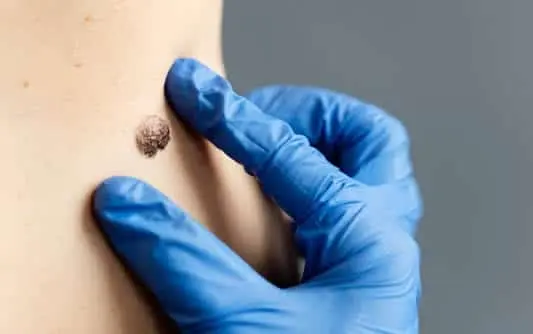Regularly examining your skin is crucial for detecting skin cancer early, when treatment is most effective. By following the advice of board-certified dermatologists, you can learn how to identify potential signs of skin cancer.
Skin cancer does not discriminate based on skin color, age, or gender. Shockingly, statistics indicate that one in five Americans will develop skin cancer at some point in their lives. However, with early detection, skin cancer is highly manageable and often curable.
To empower yourself in the fight against skin cancer, adopt the practices recommended by dermatologists. Utilize resources such as the American Academy of Dermatology’s (AAD) body mole map to document your self-examinations, or refer to the How to SPOT Skin Cancer™ infographic to familiarize yourself with what to look for during skin checks.
If you observe any unusual changes in your skin, such as new spots or alterations in existing moles, it’s imperative to seek guidance from a skin cancer specialist—a board-certified dermatologist in Granada Hills—who can provide expert evaluation and care.
Here’s a guide on how to conduct a thorough skin self-examination:
-
Begin by standing in front of a full-length mirror and carefully inspecting your body, front and back. Then, raise your arms to examine the right and left sides of your body.
-
Next, examine your underarms, forearms, and palms. Bend your elbows to get a better view of your forearms, and pay attention to your fingernails.
-
Move on to your legs, examining the backs of your legs, spaces between your toes, toenails, and the soles of your feet.
-
Use a hand mirror to inspect hard-to-see areas such as your neck and scalp. Part your hair to thoroughly examine your scalp.
-
Finally, use a hand mirror to check your back and buttocks, ensuring no areas are overlooked during your examination.
By incorporating these steps into your routine, you can enhance your ability to detect potential signs of skin cancer early, promoting timely intervention and improved outcomes. Remember, vigilance is key in safeguarding your skin health.


